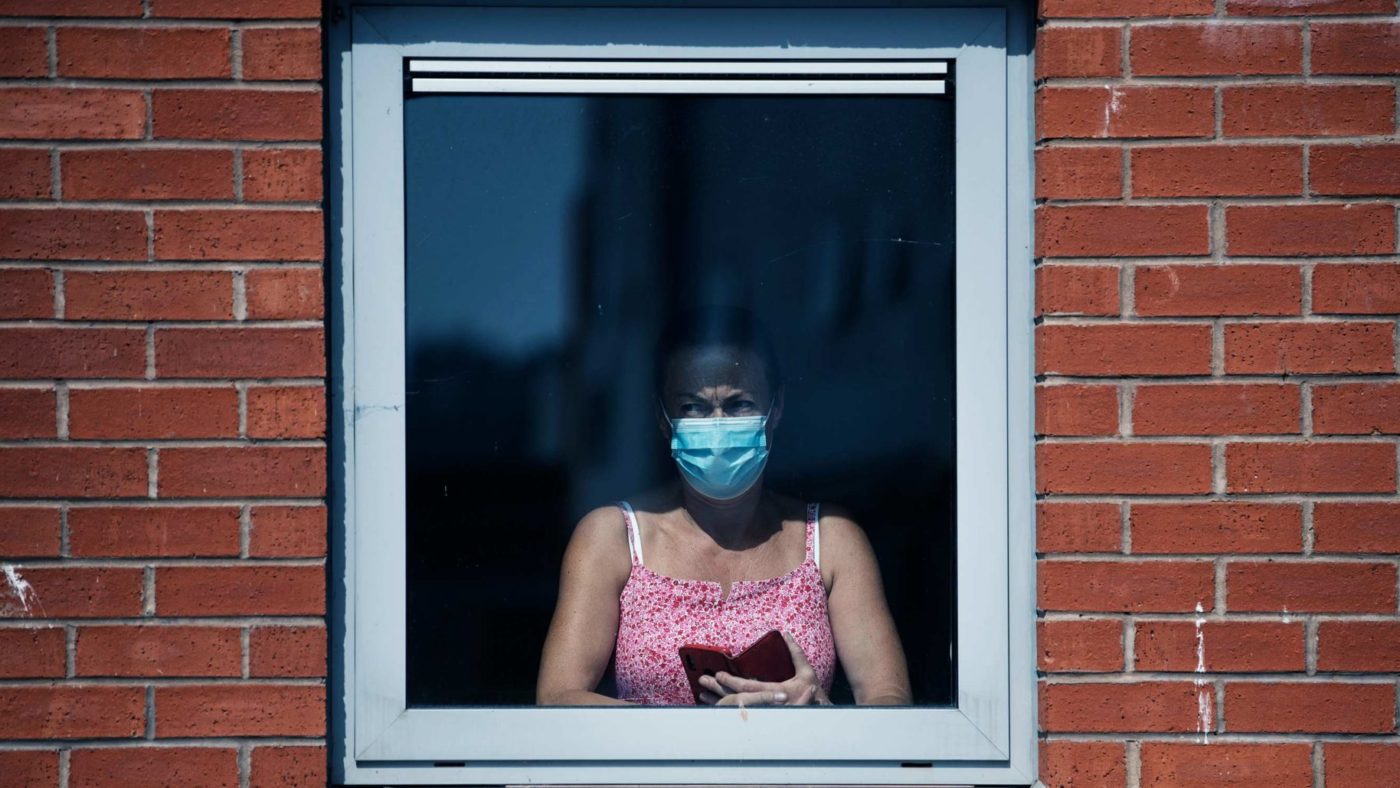The pandemic has been a severe test for countries around the world – a test of the effectiveness of democratic structures, the robustness of social support and the adequacy of health services to respond to a once-in-a-generation crisis. It has also challenged ordinary people’s resilience – their capacity for optimism and vulnerability to divisive ideologues who would weaponise the crisis for their own nefarious ends.
While many now acknowledge that the UK’s response has been less than stellar, it’s important to understand how ‘resilient’ we were – economically, socially and democratically – before Covid-19 struck. The question should be: just how prepared was the UK for a large-scale public health crisis?
A new Henry Jackson Society report I have co-authored with Nikita Malik compares 10 countries on levels of national resilience. Focusing on the club of democracies known as the “D-10”, this represents a multi-faceted measurement of the UK’s broader resilience, when compared other liberal democratic allies.
So, how resilient was the UK as the pandemic struck? The answer is that it was positioned ‘below average’ among the D-10 in regard to public health resilience – behind countries such as India, the USA, Canada, and Australia.
Of course, there are ‘natural disadvantages’ which are beyond any administration’s control. India has a median age comfortably under 30 – which is relatively low compared with its D-10 counterparts, and certainly an advantage when it comes to Covid-19. Britain’s weak spot is public health resilience – namely protection for frontline healthcare workers and treatment of patients.
One of the great frailties exposed by the pandemic was a lack of economic self-sufficiency – especially when it came to critical medical supplies. Amid PPE shortages, the UK was left with no choice but to ask Turkey to help provide hospital gowns for NHS workers. This was made all the more embarrassing by the fact that thousands of the gowns then failed to meet the UK’s own health and safety standards. The importance of greater domestic sourcing in this area was also illustrated by the French government’s requisition of all protective masks made in France – leading to the Valmy SAS cancellation of a major NHS order. More worrying is the UK’s strategic overdependence on totalitarian regimes, demonstrated by Foreign Secretary Dominic Raab thanking Xi’s China for providing ventilators.
Devolution has also complicated attempts to coordinate a UK-wide strategy. With the Conservatives dominant at Westminster, a minority SNP administration in Scotland, and a Labour-led government in Wales (albeit with a Liberal Democrat minister in Kirsty Williams), the response has been badly fragmented. These institutional incompatibilities are compounded by the fact that the UK has traditionally suffered from relatively low levels of public trust in democratic governance. Indeed, according to our analysis, it is one of the poorest-performing D-10 countries on this measure.
So, what can Britain do to address these deficiencies, both now and for the longer term? With a second spike potentially looming around the corner, the immediate priority is clear and well-communicated advice as winter nears. As the pandemic has progressed, trust in the Government’s handling of the pandemic has been on a steadily downward trajectory. The 2,988 positive cases confirmed in the latest daily figures are certainly a concern, and ministers are right not to take comfort that these appear mostly to be among younger, less vulnerable people.
The Government needs to step up and do what it ought to have done from the start – issue comprehensive advice on how to best reduce in-house transmission of the virus. This is particularly important for young people who are living with elderly and vulnerable individuals in multi-generational households. While building trust in central government should certainly be a long-term aim, for now the priority is working through local healthcare professionals and educationalists to help communicate official advice – with the latter commanding relatively high levels of trust among Britain’s politically-distrustful young people.
On the economic front, the UK must adopt an active manufacturing strategy which creates high-quality domestic supply chains – especially for PPE and other critical medical supplies. Relying on large shipments of surgical gowns from Turkey, which then fail our own safety standards, is an unacceptable situation. We must also work closely with our D-10 allies to reduce strategic overdependence on China, which cannot be trusted as a responsible and transparent player on the global stage.
Improving social care should also be high on the agenda, given the overwhelming number of coronavirus deaths in Britain’s care homes. And, taking into account the exploitation of the pandemic by hateful extremists, Britain needs an ambitious social cohesion agenda which helps to build high-trust, cohesive communities which are resilient to divisive radical ideologies.
All in all, there is a great deal of work to be done both to tackle the current crisis and prepare for future pandemics. Covid-19 has exposed Britain’s frailties in all sorts of areas. In a volatile post-pandemic, post-Brexit world, the Government’s priorities should be shaped around one crucial word – resilience.
Click here to subscribe to our daily briefing – the best pieces from CapX and across the web.
CapX depends on the generosity of its readers. If you value what we do, please consider making a donation.


